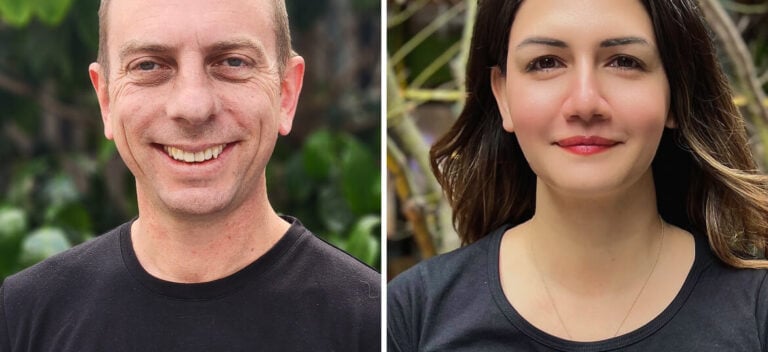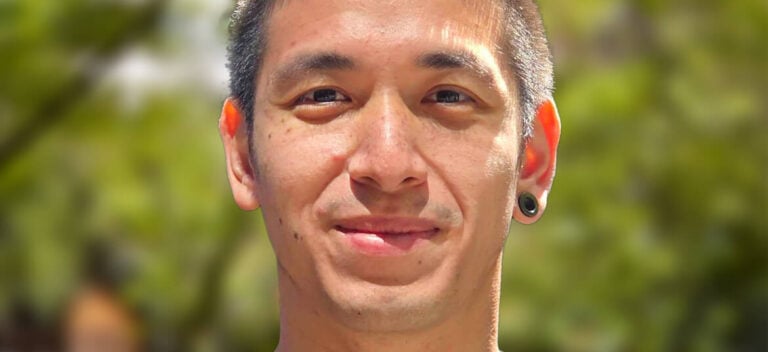Tell us about your role prior to this one.
Prior to Moula, I worked at NAB and MLC for nineteen years. Initially as an actuary, before moving into product management, where I learnt a lot about the end-to-end workings of banking and insurance products. I then spent the latter years heading up NAB’s Business Design function, which was responsible for redesigning the bank’s technology and processes.
What inspired you to take the leap into the world of startups?
I reached the point in my career where I realised I didn’t want to be a corporate guy anymore. What I like about startups is that there is no place to hide and people must be accountable. I wanted to move into a dynamic fast-paced environment where, in some sense, it can be a fine line between success and failure. This goes a long way in motivating everyone.
Did you feel like at the time it was a risk?
Yes and no. There was an element of risk, in that on face value just about every aspect of the job is different to what I had been used to in a large corporate. But the opportunity to extend my skills into a new frontier that I’m passionate about, was compelling. Another perceived risk for me was that, by their nature, startups may or may not be around for the medium to longer term. But in the case of Moula, I believed in the proposition and could see huge potential in helping small businesses at a time when the banks were pulling back on their lending to SMEs. Moula is experiencing significant growth and we’ve attracted some incredibly talented people to the team, so I feel like we’re in a very good place.
What did you notice about startup life that was different to what you thought it would be?
What surprised me most, in the case of Moula, was how mature it already was in terms of people, processes and technology. To be frank, I had imagined things to be a bit more chaotic than they actually are. I think this just proves that you need to establish the right foundations early on if you want your startup to be successful.
What's the best part?
In my case, the best part is also the most important part, which is the culture. It’s definitely the ‘can do’ culture. There’s a good balance of hard work, smarts and fun, which was created by the founders and continued to entrench itself as we’ve grown.
The close second for me personally is the work itself, which is always interesting and challenging. I find I get a lot more done quickly and effectively, despite there being far fewer resources compared to a corporate. And it’s expected that this may require you to learn new stuff to get that job done.
Read the LinkedIn feature article here.




